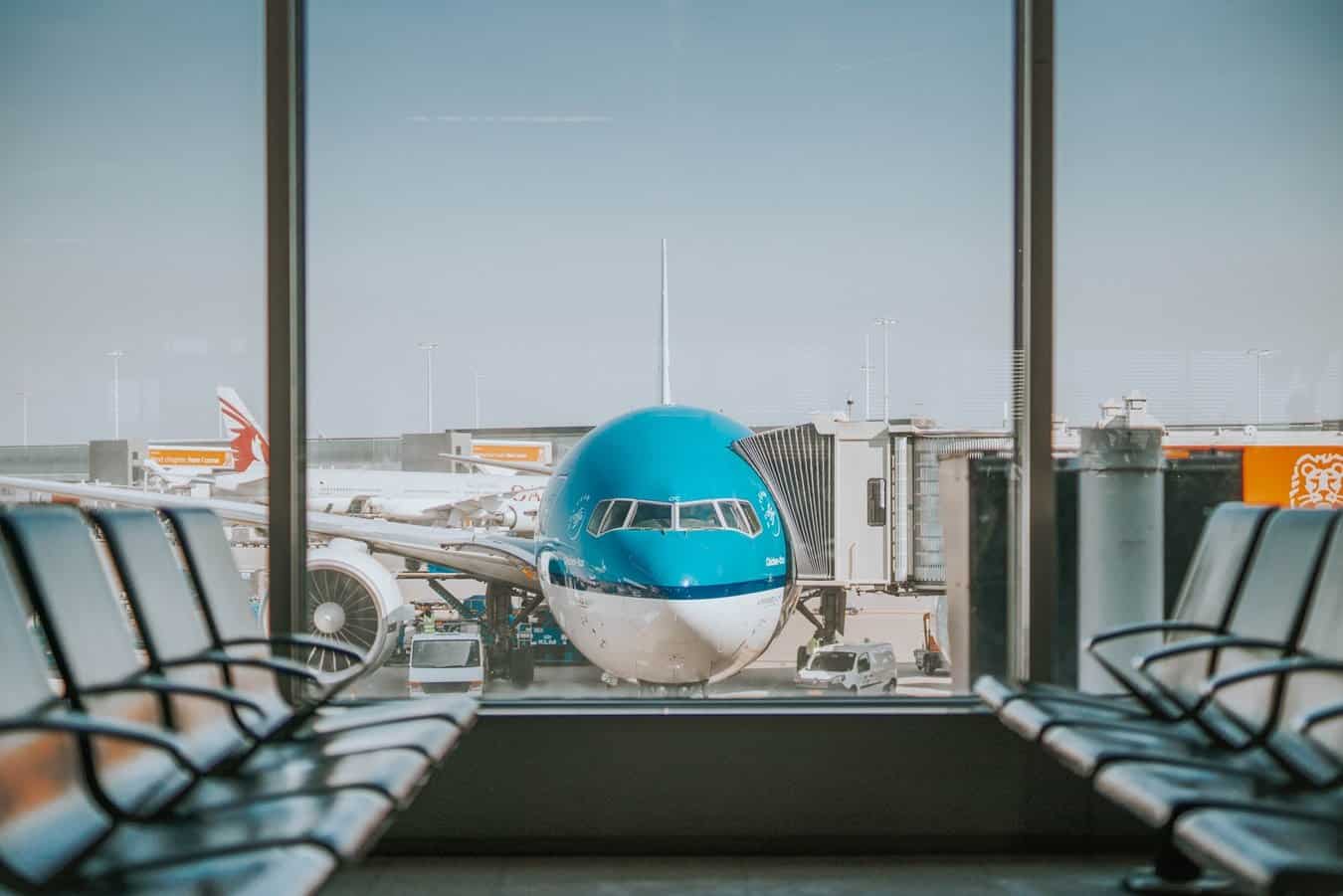
Ryan Gorman is a student at Harvard Law School.
Yesterday a three-member panel of the National Labor Relations Board (NLRB) unanimously concluded that the Board lacked jurisdiction over a labor dispute arising out of operations at Chicago’s O’Hare International Airport. Carriers at O’Hare contract with outside companies who provide maintenance and repair services for the carriers’ baggage conveyor systems and jet bridges. In 2013, workers with one of those outside contractors, ABM Engineering Services, were notified that the air carriers would be replacing ABM with another company, Oxford. ABM workers were told that their continued employment would be contingent on jettisoning their current union and agreeing to join the union that the new company typically bargained with. An Administrative Law Judge agreed that the companies and the new union had unlawfully interfered with the employees’ ability to bargain collectively through their chosen representative. The Board reversed that decision, determining that the National Mediation Board (NMB), the body tasked with administering the Railway Labor Act, had jurisdiction over the dispute.
The Washington Post reported yesterday on Uber’s “Project Luigi,” an effort to tweak how the company’s app works in California, ostensibly to give drivers more flexibility. Uber announced the proposed tweaks in December. Changes to the app include a new feature that would forecast the route and estimated fare of a trip before a driver accepted the passenger’s request. Uber’s announcement, however, unsurprisingly downplays one of the main drivers behind Project Luigi: a desire to soften the impact of AB5. New features which provide California drivers with a higher degree of (arguably nominal) control and independence over their schedules may make it easier for the company to try to argue that their drivers are properly classified as independent contractors. Annie wrote over the weekend about how Uber and other gig economy companies are challenging AB5 through other means as well, including a lawsuit and a ballot proposal to repeal the law.
The staff of Sports Illustrated announced on Monday that they intend to unionize. Workers in both the print and digital divisions of the magazine have joined the NewsGuild of New York, a New York-based union that represents journalists from other prominent publications, such as The New York Times and The New Yorker. NewsGuild already represents some of the company’s print workers. The union noted that over 90% of the approximately 80 workers in Sports Illustrated’s bargaining unit have expressed support for unionization. Maven, a Seattle-based media and tech company, acquired Sports Illustrated’s publishing rights last October, and quickly announced its plans to shift the company’s business strategy towards hiring more local freelancers. Layoffs of long-time employees accompanied that announcement. Since then, workers at the magazine have expressed concern over the direction Maven is taking the company. Staffers hope that unionizing will ensure they have a greater say in the company’s future, but also emphasized that the unionization effort is not solely a reaction to Maven’s leadership.
Madison Pauly writes in Mother Jones about how a group of former inmates from the Santa Rita Jail in Dublin, California, are suing in federal court to try and recover wages owed to them for unpaid work they performed while incarcerated. The plaintiffs filed suit in November, naming Alameda County, the county’s sheriff, and on-site food-service provider Aramark as defendants. Plaintiffs allege that Santa Rita Jail’s wage practices violate the Constitution, as well as federal and state labor laws.






Daily News & Commentary
Start your day with our roundup of the latest labor developments. See all
February 11
Hollywood begins negotiations for a new labor agreement with writers and actors; the EEOC launches an investigation into Nike’s DEI programs and potential discrimination against white workers; and Mayor Mamdani circulates a memo regarding the city’s Economic Development Corporation.
February 10
San Francisco teachers walk out; NLRB reverses course on SpaceX; NYC nurses secure tentative agreements.
February 9
FTC argues DEI is anticompetitive collusion, Supreme Court may decide scope of exception to forced arbitration, NJ pauses ABC test rule.
February 8
The Second Circuit rejects a constitutional challenge to the NLRB, pharmacy and lab technicians join a California healthcare strike, and the EEOC defends a single better-paid worker standard in Equal Pay Act suits.
February 6
The California Supreme Court rules on an arbitration agreement, Trump administration announces new rule on civil service protections, and states modify affirmative action requirements
February 5
Minnesota schools and teachers sue to limit ICE presence near schools; labor leaders call on Newsom to protect workers from AI; UAW and Volkswagen reach a tentative agreement.